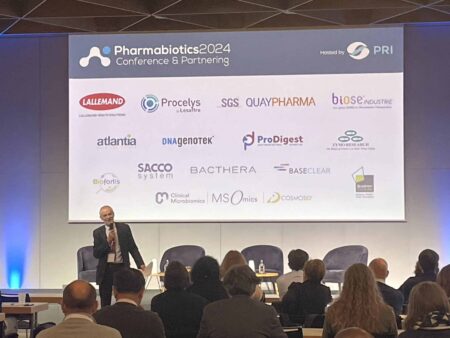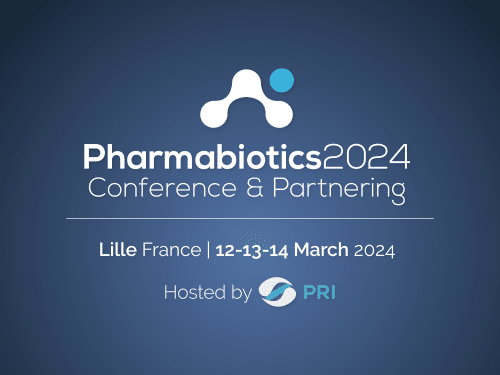On 13 June 2022 the EU-Innovation Network (jointly coordinated by the European Medicines Agency – EMA, and the Heads of Medicines Agencies – HMA) published a Horizon Scanning Report on Faecal Microbiota Transplantation.
The report describes the use of Faecal Microbiota Transplantation (FMT) in its current context, highlights emerging trends, notes the anticipated timeframe for regulatory submissions within EU Member States, explores challenges and opportunities of FMT from a regulatory perspective, presents existing regulatory preparedness, and makes a list of recommendations moving forward.
From the FMT EU-IN Horizon Scanning Report;
Challenges and opportunities from a regulatory perspective – At present, there is no agreed EU position in relation to how FMT should be regulated or any published regulatory guidance specifically related to FMT. Therefore, at present there is likely to be significant variability in relation to the data and approaches taken to the regulation of FMT-based products in clinical trials and the oversight of the use of FMT in clinical practice. This has implications for the protection of the safety of patients receiving FMT and could also limit patient access to FMT. There is a need to identify and agree clear EU standards for the regulation of FMT to ensure that appropriate safeguards are in place to facilitate the use of FMT when clinically appropriate, while at the same time Faecal Microbiota Transplantation Page 6/15 preventing the inappropriate use of FMT, e.g. ‘do-it-yourself’ FMT or the use of FMT where there is no evidence of a clinical benefit and inadequate assurance of quality and safety.
In addition, the variability associated with FMT itself, the lack of certainty in relation to the constituents responsible for any clinical effect and the nature of the product all give rise to specific challenges relating to: donor selection and screening, traceability, the characterisation of the product, quality control and standards during production and of the final product, the control strategy, batch-to-batch consistency and safety monitoring post-administration.22,25 A number of these challenges are discussed in the following sections.
This report is one of few EU-wide documents which address the myriad of technical, scientific, and quality-related challenges faced by those researching and developing FMT to treat disease in patients.





